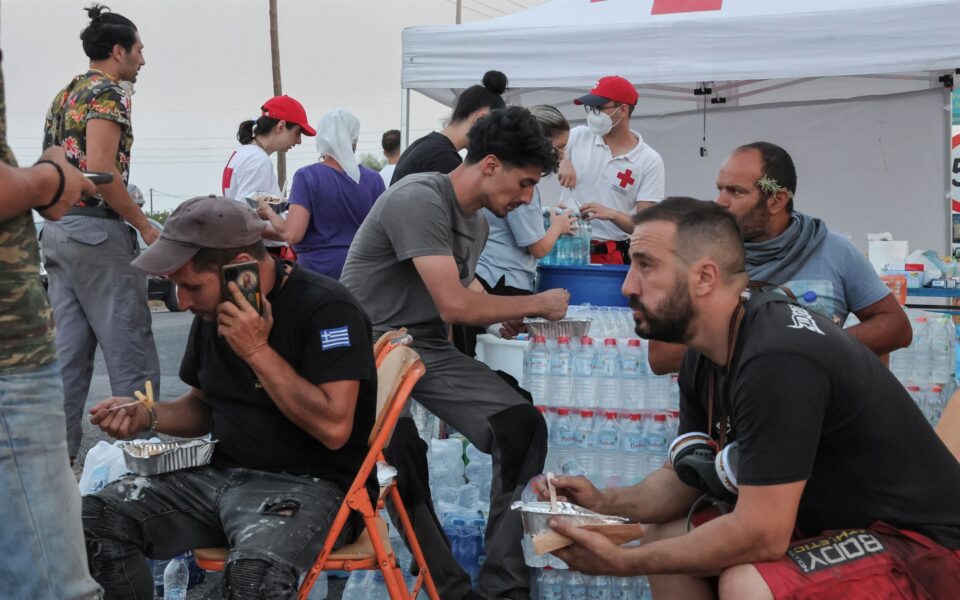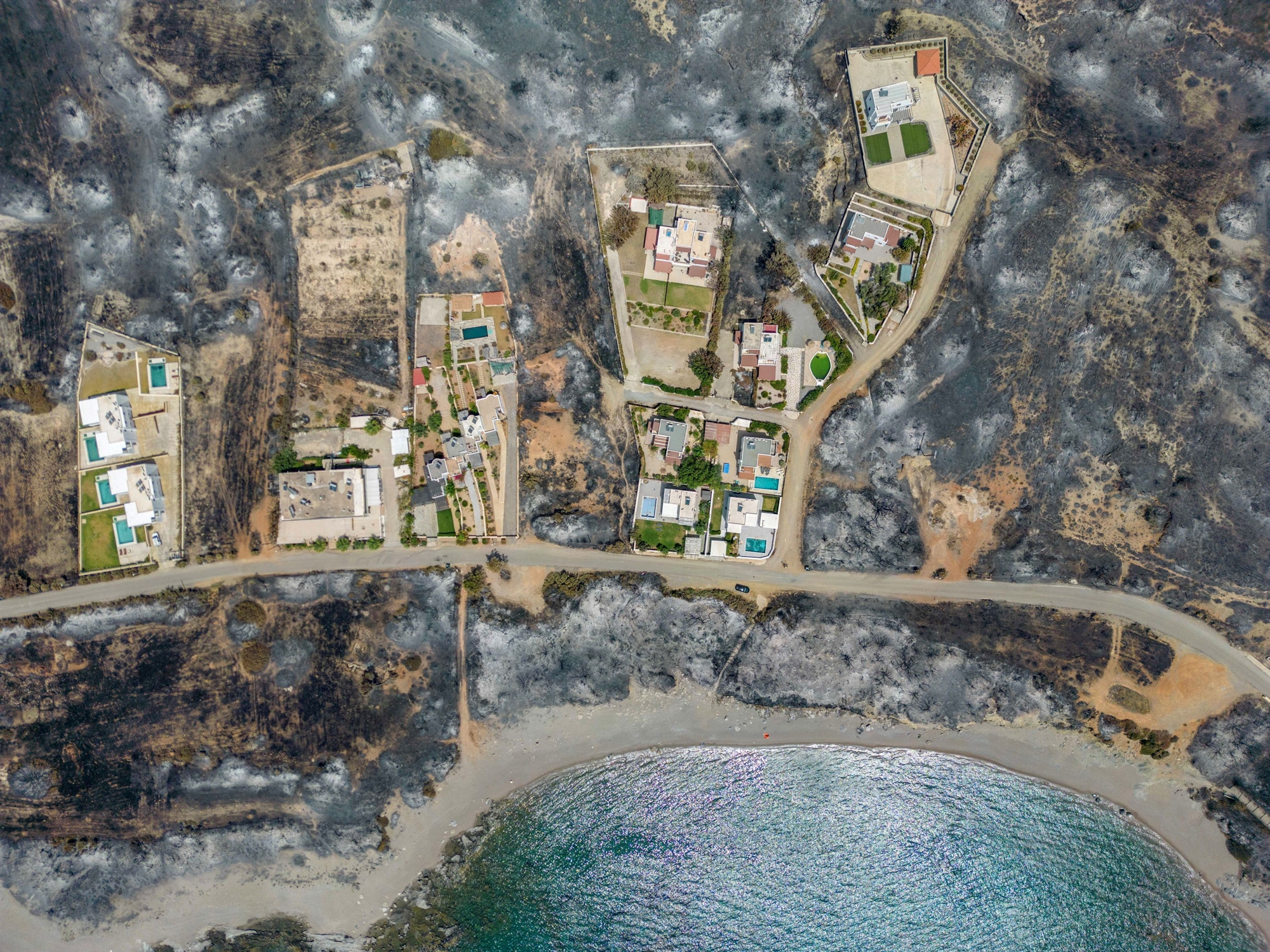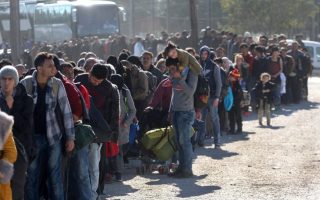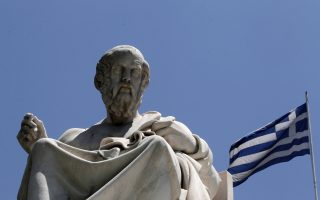Rhodes’ unsung heroes are its future

Armed with smartphones, their own cars and the occasional shovel, Gen Zers and Millennials raced to forests, villages and businesses in an effort to protect, save and support the island of Rhodes. Filling the gaps in resources, trained volunteers, evacuation plans, and local coordinating mechanisms, Rhodians used social media and their knowledge of the land, its people and the travel value chain to make the difference.
Flying in the face of negative data about the levels of civic participation and social capital in Greece, Rhodians of all ages were the indisputable game-changers leading to the safe evacuation of 20,000 tourists and defense of their villages. On the fire front, some assisted the trained volunteers by carrying hoses, felling trees, translating, and scouring the scorched earth to fight flare-ups. Others kept watch, evacuated animals and people, and helped with the flow of information and resources to threatened villages.
The spirit of giving and collaboration was embraced even by stakeholders that are traditionally at odds with one another, who put their differences aside to rise to the challenge. And while exploits of Greek philoxenia during the fires circulated the globe through social media, so have the tales of frustration over their handling. The fires further evidenced that Greece, like the entire world, is behind the curve on adaptation and mitigation measures to climate change, systems resilience and natural disaster preparation and management. In the first half of 2023 alone, the world saw $110 billion in losses stemming from natural disasters, and this does not include the impact on the environment nor the social cost.
Now that the imminent danger of the fires has passed, the people of Rhodes are empowered by their pride, but angry. They are looking for answers, recognition, a reckoning and a clear plan. Expressions of gratitude from the central government and regional authority to official volunteer bodies have rightly taken place, free trips for tourists and support programs for businesses have been announced, and some answers to the “how” and “why” of the fires have been offered. But the sense on the ground is that it will take more than this.
Now that the imminent danger of the fires has passed, the people of Rhodes are empowered by their pride, but angry. They are looking for answers, recognition, a reckoning and a clear plan
In addition to urgently repairing the image of the island to avoid further loss of tourism income, which accounts for 95 percent of its GDP, people are concerned about forest restoration, the placement of renewable energies and protection against floods. On the one hand the public has already protested to make this priority clear, and on the other hand – and reflecting their acceptance that the public needs to do its part – it has already held fundraising campaigns to start repairing villages.
Greece, like most of the world, is clearly in uncharted waters and the top-down and highly centralized policy-making and implementation process is no longer enough. The complexity of the challenges presented by climate change needs a holistic approach where central and local governments work together with citizens in multistakeholder and multisectoral coalitions in all phases of the process. And the 2023 fire of Rhodes shows that citizens are ready and able.
Turning the blackened soil in an effort to erase manifestations of a fire that burned tens of thousands of acres is important for tourism. But even though Rhodians try to clear fire debris, return to work, and attempt to re-establish a sense of normalcy, they are unable to shake their sense of unease. They share their fire stories over drinks, note that the ash stubbornly remains in their hair and on their skin, and are haunted by the smell of smoke. Like Covid, the experiences the citizens have gained from the sense of vulnerability and solidarity around the 2023 Rhodes fires have become part of who they are and they have seen what can be accomplished when they work together. This is an opportunity for Greece to unite the public sector, private industries, and civil society to co-create concrete actions and programs that will improve our chances in the fight against climate change and future natural disasters, and to recover more resiliently from this one.
Cheryl Novak is a research associate at the Hellenic Foundation for European and Foreign Policy (ELIAMEP).






